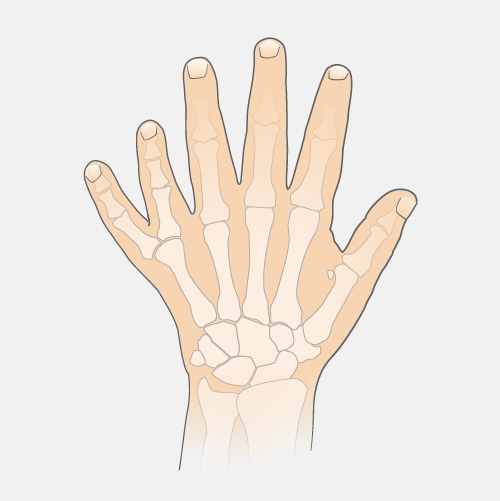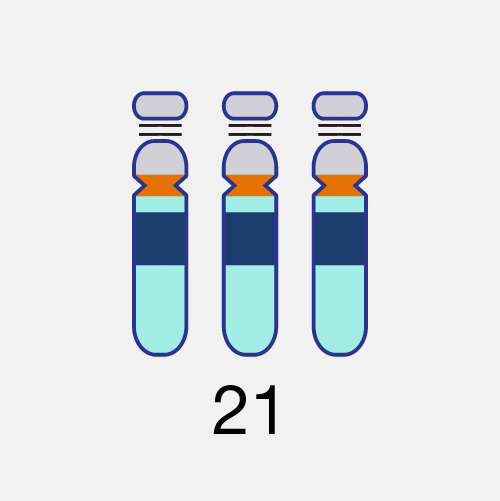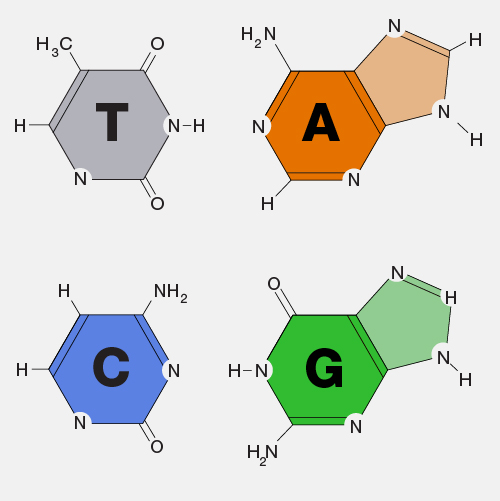
Birth Defect
Definition
A birth defect (also called a congenital defect) is a physical or physiological abnormality present in a baby at birth. Birth defects can be caused by genetic factors, prenatal events during pregnancy or a combination of both. Some birth defects are easy to see (such as an extra or missing finger), while others (such as an enzyme deficiency) are identified through special tests.
Narration
Birth defect. Also known as congenital disability or congenital condition. Congenital conditions sometimes include some kind of impairment but many do not. Congenital conditions simply refer to structural changes which affect any part of the body such as the hand, leg, or foot, or which influence the development of some aspect of physiology or how the body works. Congenital conditions, regardless of cause, are relatively common and can typically be identified at birth or shortly afterwards. These conditions are also quite treatable in many instances. And individuals who have them, especially under the care of a physician, often experience typical growth and development.





